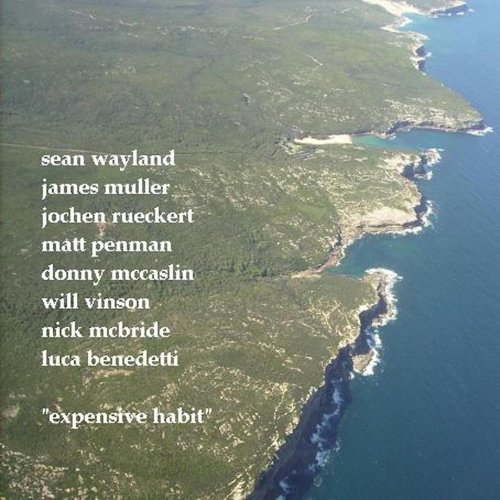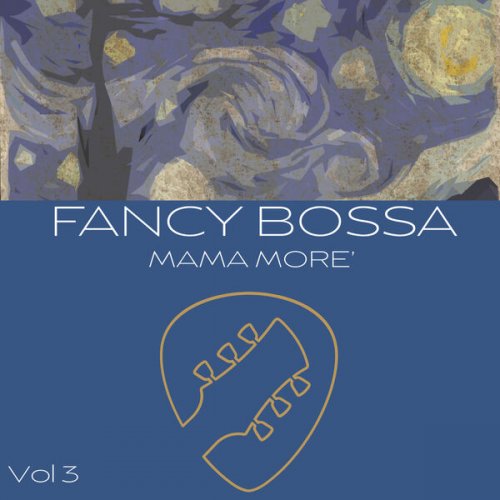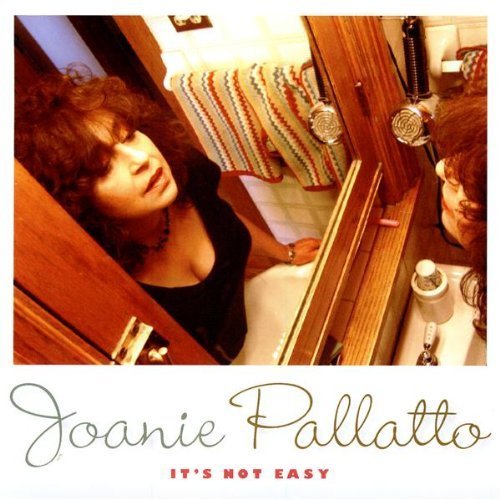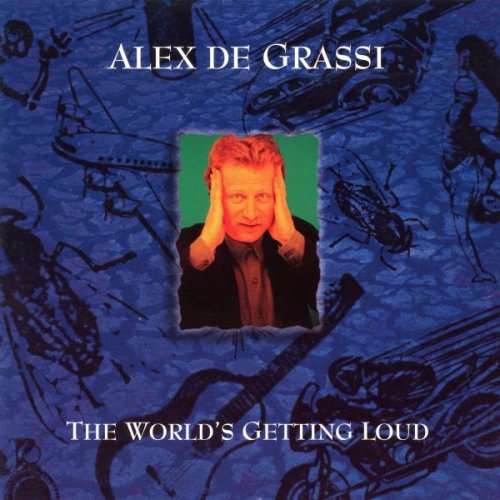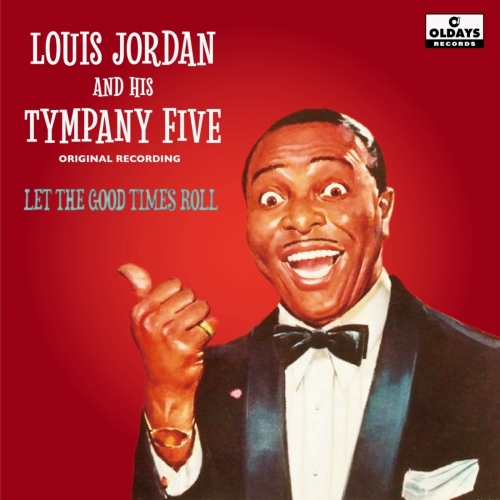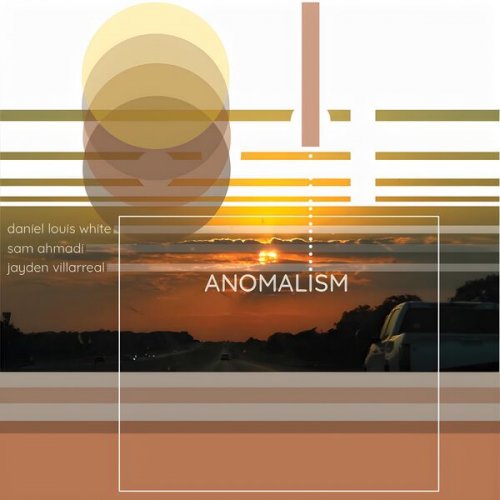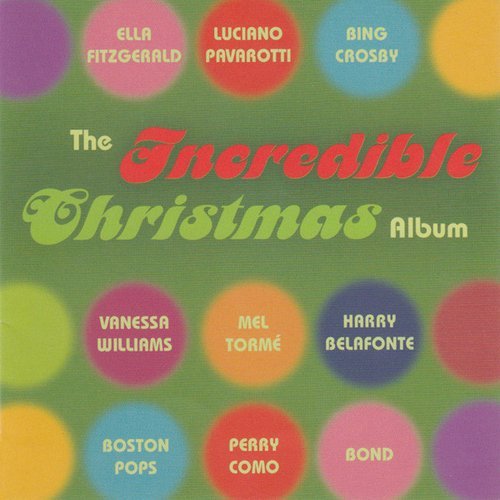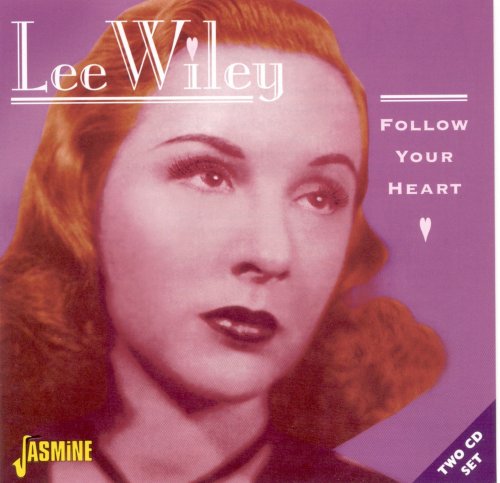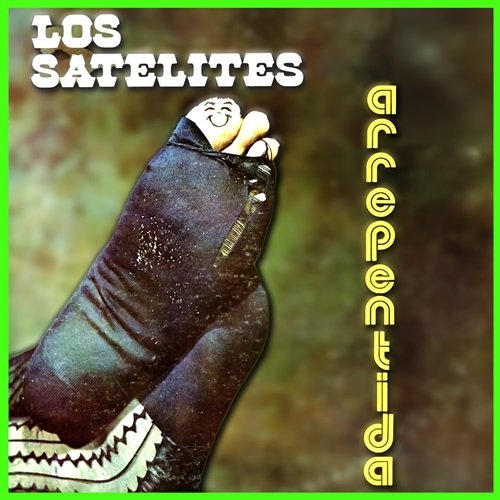David Zinman - Stravinsky: Le sacre du printemps (Original Version 1913 & Revised Version 1967) (2014) [Hi-Res]
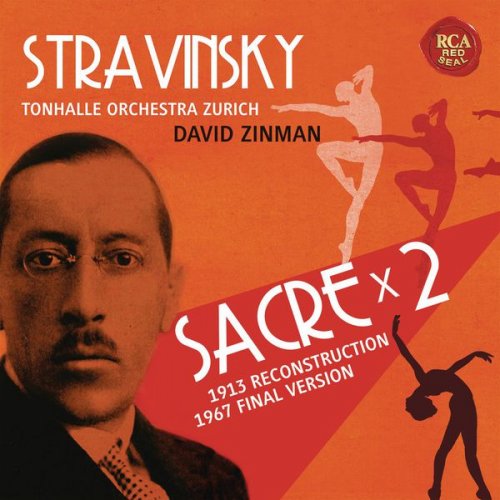
Artist: David Zinman, Tonhalle Orchestra Zurich
Title: Stravinsky: Le sacre du printemps (Original Version 1913 & Revised Version 1967)
Year Of Release: 2014
Label: RCA Red Seal
Genre: Classical
Quality: FLAC (tracks + booklet) [48kHz/24bit]
Total Time: 1:45:04
Total Size: 0.98 GB / 434 MB
WebSite: Album Preview
Tracklist:Title: Stravinsky: Le sacre du printemps (Original Version 1913 & Revised Version 1967)
Year Of Release: 2014
Label: RCA Red Seal
Genre: Classical
Quality: FLAC (tracks + booklet) [48kHz/24bit]
Total Time: 1:45:04
Total Size: 0.98 GB / 434 MB
WebSite: Album Preview
Disc 1
1. Le sacre du printemps (Original Version) : L'adoration de la terre (Introduction, Pt. 1) (Original Version) (03:38)
2. Le sacre du printemps (Original Version) : Les augures printaniers (Danses des adolescents) (Original Version) (03:20)
3. Le sacre du printemps (Original Version) : Jeu du rapt (Original Version) (01:25)
4. Le sacre du printemps (Original Version) : Rondes printanières (Original Version) (03:26)
5. Le sacre du printemps (Original Version) : Jeux des cités rivales (Original Version) (02:03)
6. Le sacre du printemps (Original Version) : Cortège du sage (Original Version) (00:44)
7. Le sacre du printemps (Original Version) : Adoration de la terre (Le sage) (Original Version) (00:23)
8. Le sacre du printemps (Original Version) : Danse de la terre (Original Version) (01:19)
9. Le sacre du printemps (Original Version) : Le Sacrifice (Introduction, Pt. 2) (Original Version) (04:21)
10. Le sacre du printemps (Original Version) : Cercles mystérieux des adolescentes (Original Version) (03:12)
11. Le sacre du printemps (Original Version) : Glorification de l'élue (Original Version) (01:42)
12. Le sacre du printemps (Original Version) : Évocation des ancêtres (Original Version) (00:44)
13. Le sacre du printemps (Original Version) : Action rituelle des ancêtres (Original Version) (03:36)
14. Le sacre du printemps (Original Version) : Danse sacrale (L'élue) (Original Version) (05:08)
Disc 2
1. Le sacre du printemps (Revised Version) : L'adoration de la terre (Introduction, Pt. 1) (Revised Version) (03:33)
2. Le sacre du printemps (Revised Version) : Les augures printaniers (Danses des adolescents) (Revised Version) (03:13)
3. Le sacre du printemps (Revised Version) : Jeu du rapt (Revised Version) (01:24)
4. Le sacre du printemps (Revised Version) : Rondes printanières (Revised Version) (03:27)
5. Le sacre du printemps (Revised Version) : Jeux des cités rivales (Revised Version) (02:02)
6. Le sacre du printemps (Revised Version) : Cortège du sage (Revised Version) (00:44)
7. Le sacre du printemps (Revised Version) : Adoration de la terre (Le sage) (Revised Version) (00:24)
8. Le sacre du printemps (Revised Version) : Danse de la terre (Revised Version) (01:16)
9. Le sacre du printemps (Revised Version) : Le Sacrifice (Introduction, Pt. 2) (Revised Version) (04:30)
10. Le sacre du printemps (Revised Version) : Cercles mystérieux des adolescentes (Revised Version) (03:18)
11. Le sacre du printemps (Revised Version) : Glorification de l'élue (Revised Version) (01:42)
12. Le sacre du printemps (Revised Version) : Évocation des ancêtres (Revised Version) (00:44)
13. Le sacre du printemps (Revised Version) : Action rituelle des ancêtres (Revised Version) (03:27)
14. Le sacre du printemps (Revised Version) : Danse sacrale (L'élue) (Revised Version) (04:56)
15. David Zinman talks about the different versions of "Le sacre du printemps" (35:08)
David Zinman is an American conductor, well known for his broad repertoire with large emphasis on new music from North America and Europe. His own instrument was the violin, which he studied at Oberlin College Conservatory of Music in Ohio. He took a Masters in composition at the University of Minnesota in 1963. During the same period he attended the Berkshire Music Center at Tanglewood. French conductor Pierre Monteux noticed him, leading to Zinman's enrolling in Monteux's conducting school in Maine. From 1961 to 1963 Zinman served as Monteux's assistant, and he considers Monteux his primary mentor.
He appeared as a guest conductor at the Nederlands Kammerorkest, after which the organization engaged him as its conductor. He held that position from 1965 to 1977. His success in Holland led one of the country's leading full-size orchestras, the Rotterdam Philharmonic, to invite him to be its music director (1979-82). He also conducted at the Holland Festival. In the meantime he had been music adviser (1972-74) and music director (1974-85) of the Rochester (NY) Philharmonic. In 1983 he became principal guest conductor of the Baltimore Symphony Orchestra. This association was elevated to the position of music director in 1985.
Zinman has been known for a very broad repertoire and innovative programming. In Baltimore he added a summer music festival, a discovery series of contemporary music, and Saturday morning "Casual Concerts," with commentary by the conductor. His highly acclaimed recordings on such labels as Telarc, Argo, and Sony Classics include music as traditional as the Elgar symphonies and overtures and as unusual as Michael Daugherty's Metropolis Symphony, based on characters and situations from the Superman comic books.
Zinman's many recordings have received numerous awards and distinctions. Most notable is the spectacular popularity of his 1990 recording of Górecki's Third Symphony for Nonesuch, which became one of the most commercially successful classical recordings ever produced. He has also received a Gramophone Award, two Grands Prix du Disque, two Edison Prizes, and five Grammy Awards.
He has helped spark interest in a new school of tonal American symphonic composition that rejected the abstruse, international sound of the 12-tone music that dominated the world of "serious" clasical music from about 1950 to 1980. This more audience-friendly music featured harmonic languages and the driving rhythms characteristic of much American popular music and jazz. Although the music has been criticized fot not being progressive, the presence of these elements thrills many in the established audience, and has helped attract a new one. Composers whose work he has promoted include Christopher Rouse, Michael Torke, Aaron Jay Kernis, and Richard Danielpour.
In 1998 Zinman stepped down from his Baltimore position, but continued as music director and chief conductor of the Zurich Tonhalle Orchestra (since 1995, with his contract extending to 2014). He was also music director of the Aspen Music Festival from 1985 until 2009. © Joseph Stevenson
He appeared as a guest conductor at the Nederlands Kammerorkest, after which the organization engaged him as its conductor. He held that position from 1965 to 1977. His success in Holland led one of the country's leading full-size orchestras, the Rotterdam Philharmonic, to invite him to be its music director (1979-82). He also conducted at the Holland Festival. In the meantime he had been music adviser (1972-74) and music director (1974-85) of the Rochester (NY) Philharmonic. In 1983 he became principal guest conductor of the Baltimore Symphony Orchestra. This association was elevated to the position of music director in 1985.
Zinman has been known for a very broad repertoire and innovative programming. In Baltimore he added a summer music festival, a discovery series of contemporary music, and Saturday morning "Casual Concerts," with commentary by the conductor. His highly acclaimed recordings on such labels as Telarc, Argo, and Sony Classics include music as traditional as the Elgar symphonies and overtures and as unusual as Michael Daugherty's Metropolis Symphony, based on characters and situations from the Superman comic books.
Zinman's many recordings have received numerous awards and distinctions. Most notable is the spectacular popularity of his 1990 recording of Górecki's Third Symphony for Nonesuch, which became one of the most commercially successful classical recordings ever produced. He has also received a Gramophone Award, two Grands Prix du Disque, two Edison Prizes, and five Grammy Awards.
He has helped spark interest in a new school of tonal American symphonic composition that rejected the abstruse, international sound of the 12-tone music that dominated the world of "serious" clasical music from about 1950 to 1980. This more audience-friendly music featured harmonic languages and the driving rhythms characteristic of much American popular music and jazz. Although the music has been criticized fot not being progressive, the presence of these elements thrills many in the established audience, and has helped attract a new one. Composers whose work he has promoted include Christopher Rouse, Michael Torke, Aaron Jay Kernis, and Richard Danielpour.
In 1998 Zinman stepped down from his Baltimore position, but continued as music director and chief conductor of the Zurich Tonhalle Orchestra (since 1995, with his contract extending to 2014). He was also music director of the Aspen Music Festival from 1985 until 2009. © Joseph Stevenson
